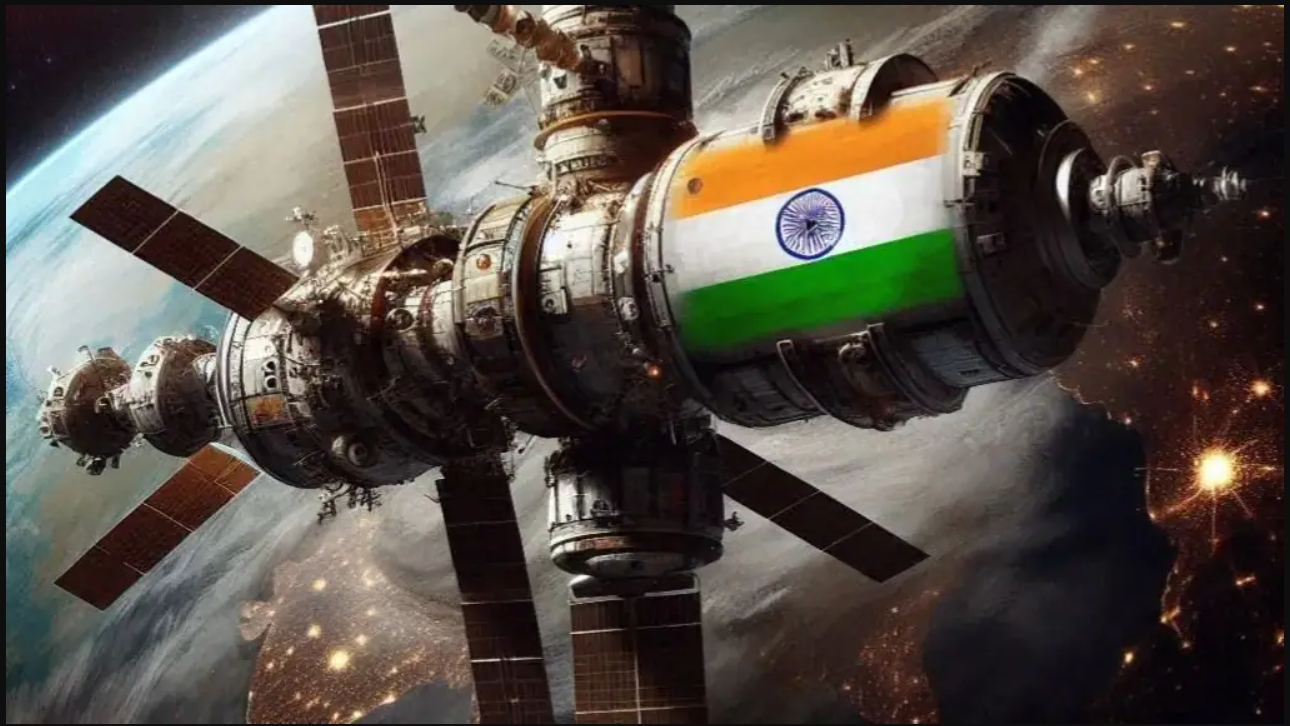India’s space economy is likely to be explosive. Union Minister of State for Science and Technology Jitendra Singh has revealed that the country’s space sector, which was valued at $8.4 billion, is expected to reach nearly five times that mark and touch $44 billion by 2035.
This high growth rate will establish India at the top among other countries that dominate the global space industry. Singh said it is due to strategic investments, state-of-the-art technologies, and private sector participation.
Increased Investment in the Space Economy Industry
India’s space sector saw investments crossing ₹1,000 crore alone in 2023. Singh said that foreign exchange is emerging as a critical driver for satellite launches. Interestingly, India has raised 220 million euros through satellite launches abroad while 187 million euros have come in the last eight years.
Countries like the US, France, and Japan have been regular beneficiaries of cost-effective satellite launch services offered by the Indian Space Research Organisation. The above clearly states that reliance on the other world reflects the ISRO’s expertise and efficiency in space technology.
ISRO’s Breakthrough Experiment in Space Docking (SPADEX)
One of ISRO’s latest advancements is the Space Docking Experiment (SPADEX). Singh called it a milestone in space docking technology. Using two small satellites, SPADEX will test critical capabilities like spacecraft rendezvous, docking, and undocking.
These technologies are essential for satellite servicing, space station operations, and interplanetary missions. The docking experiment is scheduled for January 7, 2025, at noon. Post-docking, the satellites will work independently on their respective payloads.
Biology In Space
Mr. Singh has been partnering with ISRO to find out how biology deals with space conditions. Hence, it inspired the launch of an innovative project under the Biotechnology Department.
This area of research is called “Space Biology” as it involves the learning of body changes in microgravity. Singh revealed that India will seek to emerge as a leader of the world under Prime Minister Narendra Modi.
Private Players Drive Space Innovation
Private sector participation has been the game-changer for India’s space industry. Therefore, Mr. Singh credits the New Space Policy of 2023 for opening up the sector to private companies. That policy has kick-started a startup boom with the number of space startups swelling from less than 10 in 2021 to nearly 300 by 2023.
Some notable players include:
- AgniKul Cosmos: The private launchpad created on ISRO grounds is proof of the effective collaboration between the public and the private sectors.
- Skyroot Aerospace: It successfully tested India’s first private suborbital launch in the country. It has now become big news globally
These startups upgrade ISRO infrastructure while catching up with global giants like SpaceX.
A Thriving Space Ecosystem
This is perfectly a journey for governments supporting innovation in the private sector and international collaborations as the new Space Policy has enabled technological advancements and also made India an attractive destination for investment in space.
As Singh said, India’s space ambitions fit into its overall vision of self-reliance and global leadership. With SPADEX and growing private sector participation, India is on the verge of achieving remarkable milestones in the coming years.
Want to know more about the opportunities in the thriving Indian space sector? Keep up with the latest insights at Founderlabs!
